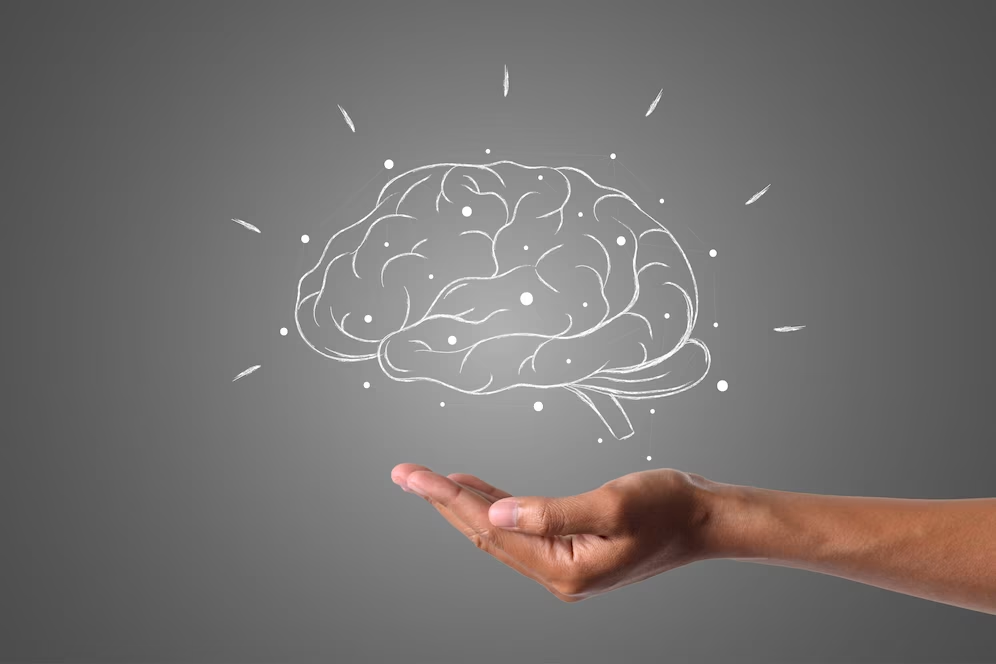Depression is a serious mental health problem that can cause anxiety and mood swings. Health experts say it is important for everyone at risk of depression to be aware of and prevent it. According to experts of the World Health Organization (WHO), one out of every four people worldwide is a victim of depression. This risk is increasing with time, especially since the negative circumstances during the coronavirus pandemic have increased this risk even more.

To find out what kind of health problems depression can cause, researchers recently conducted a study that found that such people may be at risk of developing serious brain problems.
Let us know that if this problem of mental health is not treated in time, then how its side effects can be seen in our brains?
Effects of depression on the brain
Researchers found that depression doesn't just affect your mood, it can also hurt brain health. If depression is not treated on time, it can also cause many changes in the brain. The team of researchers found that people who had been depressed for more than a decade had a 30 percent higher risk of brain inflammation.

Although depression isn't the only thing that causes changes in the brain, other conditions can also negatively affect the brain.
Post Traumatic Stress Disorder (PTSD)
When you go through a traumatic event, your brain produces a response to it. Most people recover from it on their own, but some may develop a long-term stress disorder. PTSD causes hyperactivity in the amygdala (the part of the brain that controls emotions) of your brain, which can lead to a variety of problems with decision-making and behavior.
Alcohol consumption can also be harmful
Alcohol affects not only the liver but also the brain. This can cause blurred vision, problems with speech, and memory loss. This is because alcohol begins to seriously damage brain cells. Research shows it may even shrink parts of your brain. Some experts say that people who drink alcohol may have a smaller hippocampus, a part of the brain that is important for learning and memory.

Migraine people should also be careful
People who get migraines may have faulty brain wiring. Some nerves overreact to triggers such as stress or bright light, a condition that can cause blood vessels in the brain to narrow. Over time, chronic migraines can cause damage to the gray and white matter of your brain, which can have a variety of serious side effects.
(PC: Freepik)










